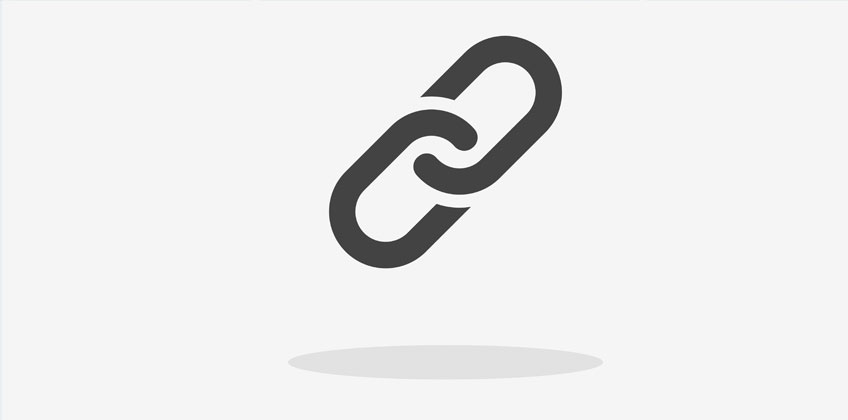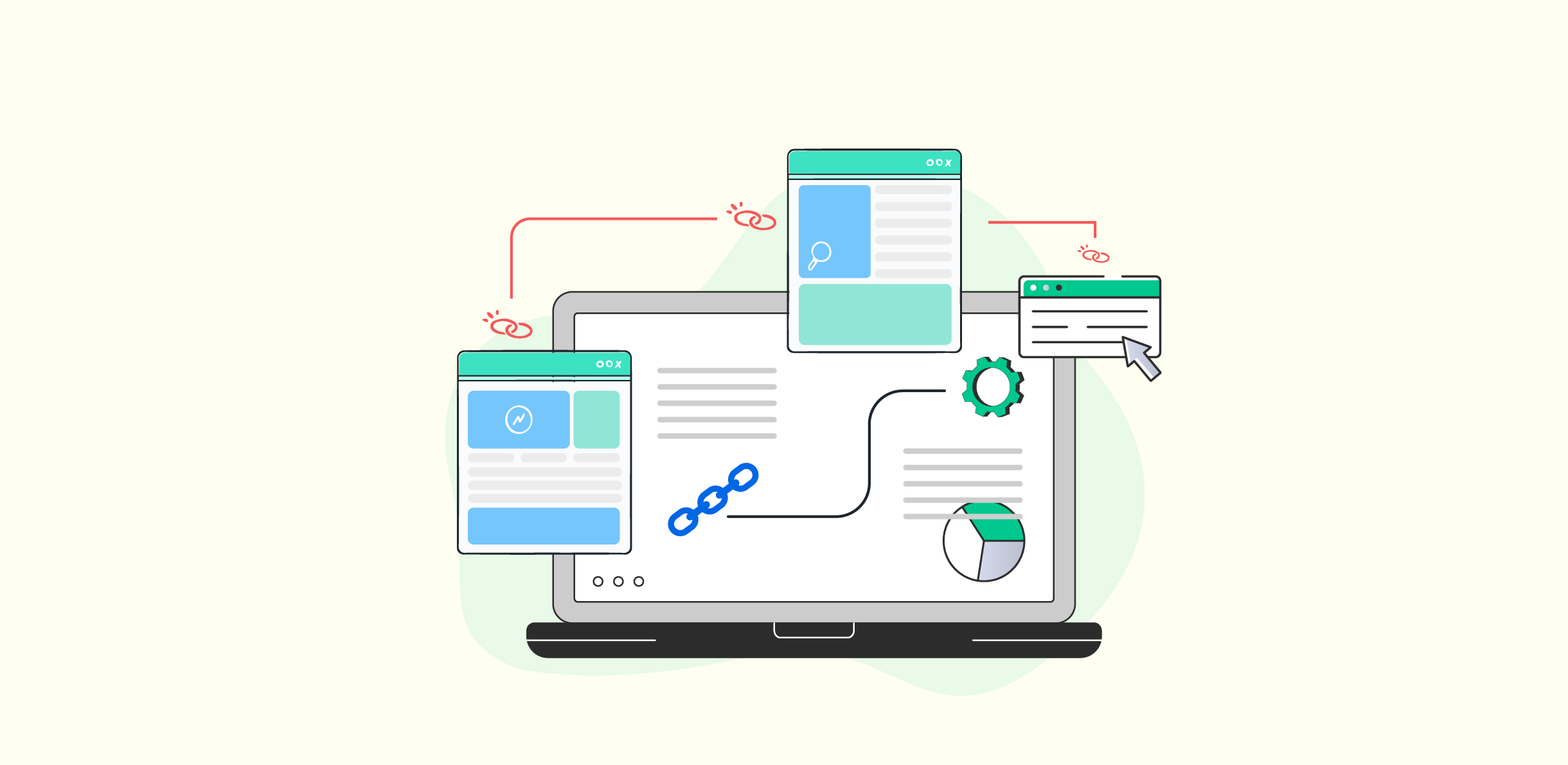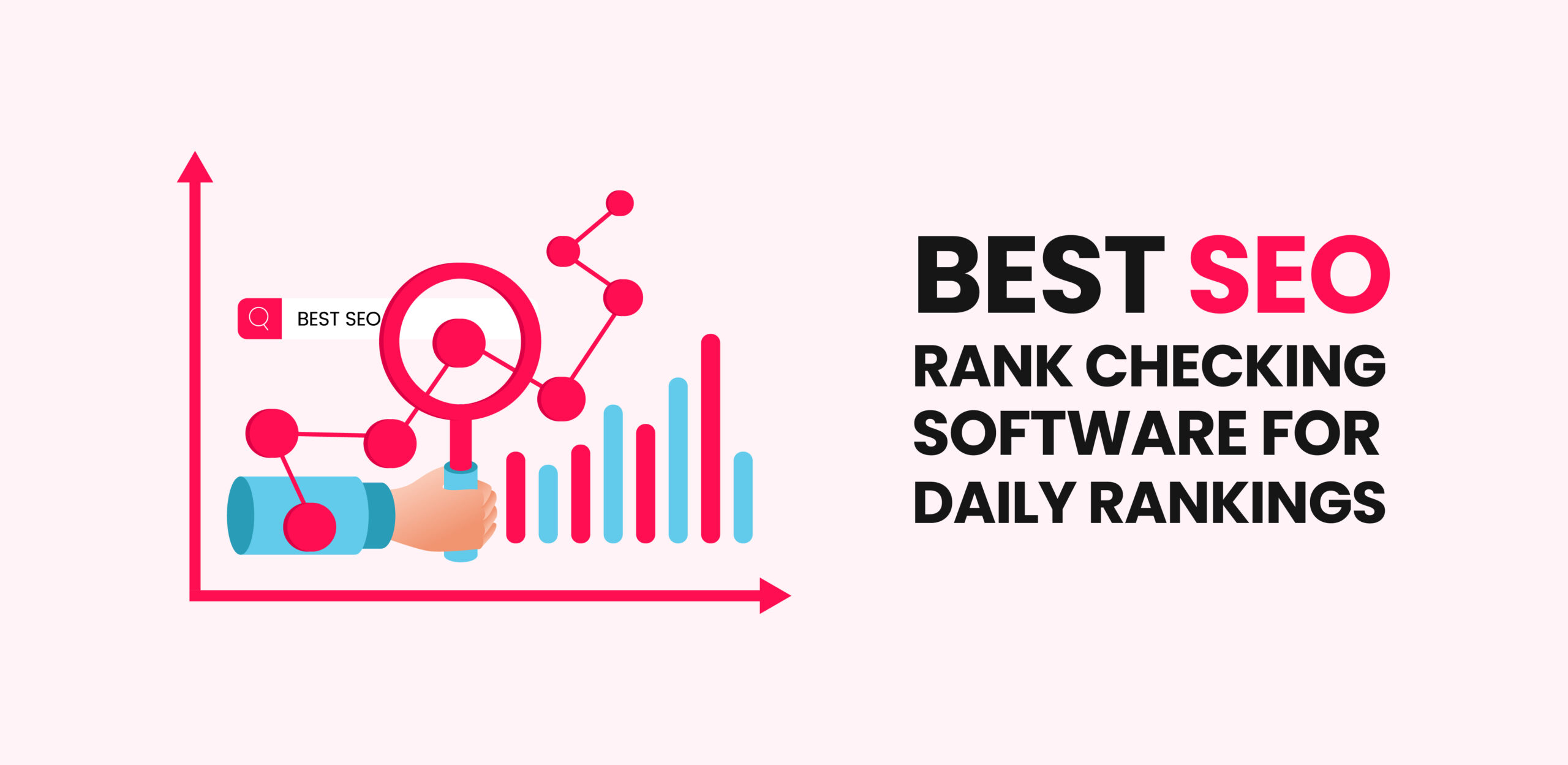Newcomers in the SEO world often wonder what is link equity. Link equity, previously referred to as Link Juice, is a search engine ranking factor formed on the idea that specific links pass value and authority from one page to another.
The value it passes is dependent on a few factors, such as the linking page’s authority, HTTP status, and more. The links that pass equity are of the many indicators that Google and other relevant search engines use to figure out the page’s ranking in the SERPs.
Backlink equity is tied to PageRank- Google’s original piece of an algorithm that used a website’s backlink profile in a bid to determine search engine rankings. PageRank works on the assumption that the most relevant websites will be the ones that get the most number of links from other sites. As a result, these websites will then be the sites that users most likely want to see in search results.
Types of Equity Links
Equity links can be categorized into two main types, i.e., External and Internal Links.
External Links
These are the links pointing from another domain to a particular page on your site.
Internal Links
These are the links pointing to pages inside your website.
How to Determine Link Equity- An Actual Value of a Link
Here is a list of crucial factors that play a pivotal role in determining the actual value of a link.
The Relevance of a Link
If you are linking a page about cars on a cooking page, then the link is quite irrelevant. This sort of abnormal linking doesn’t help you a bit, and Google will get to know about it quite quickly. An irrelevant link may not provide much authority and value.
The Authoritativeness of the Linking Site
It is easy to understand that links accepted from trusted sites build authority and tend to pass more link juice than links from brand-new sites. It takes some time for new sites to build up a level of trust with the market.
The Link’s Anchor Text
Anchor text points out to Google what the page being linked to is all about. If the keyword you aim for on the page is also in the backlink anchor text, then it indicates to Google that the two are related, and hence, it is valued more. Therefore, it becomes highly imperative for you to be completely aware of the keywords to use when building high-equity links.
The Following of Link
No followed links indicate to crawlers that they should be overlooked. They also signal a lack of backlink equity. However, it is important to understand that just because the link is not followed, it doesn’t necessarily mean it doesn’t have value.
The Quality of Domain
To assess the quality of websites you are researching for the purpose of link building, you will want to be precise with Domain Authority and Page Authority. These are both scored out of 100. It is widely believed that a score of 30+ is a pretty good indication that the site is of good quality. On the other hand, a 50+ score indicates a top-tier site.
The Location of the Link On The Page
In the modern age, where every element of digitization has a certain kind of optical value attached to it. Links also need to be smartly placed on the page so that they can catch the eyes quite fast.
Links buried in the footer or in a sidebar aren’t given as much weight as links in the body of a page’s content. This is where the architecture of a site comes into play. Google determines what kind of content is most useful to visitors and further analyzes its value based on where the links are placed.
The Quantity of Links On The Page
If the link to your site is one of the hundreds or thousands, then it may not be as valuable. However, having said that there is no hard-and-fast rule regarding the optimal number of links on a page.
So if your link is placed with many others, it will have lower visibility. Consequently, lesser people will find and click it, declining its value.
The HTTP Status Of The Linked Page
Pages that are termed as 200s or permanent 301 redirects will typically retain their link equity. With Google now stating that all redirects, including 302s, can now pass PageRank, it’s a smart move to take that advice with a grain of salt.
It is worth noting that other search engines may not treat them the same way, and there are numerous factors beyond links to take into consideration when planning a ranking strategy.
The Link Must Work
Last but by no means least, your link should and must work. Adding or deleting a page on your site can lead to missed linking opportunities, eventually impacting backlink equity.
For Instance, if you publish a blog post on “SEO tips for e-marketers” but delete the page, then backlinks pointing to the original blog post will navigate users to a 404 error page. This movement will not at all please the customers and can cause a bad user experience. Also, it doesn’t help Google spiders to follow the path.
So why would Google even bother to reward you with link equity?
You don’t want to be wasting your high-value backlinks every time you create, alter, or update your URLs.
So here it is a detailed guide on what is link juice. Link Equity or Link Juice is basically the value of a link, which also illustrates the SEO power of each link passing through to your website from the URL it’s linking from. It is necessary that you do this process of link building professionally and smartly. This way, you won’t be leaving the impression of creating and backlinking just for the sake of fake web traffic.








